breaking news
DRC: Doing Business 2021, ANAPI launches retirement for the development of the roadmap!

The National Agency for the Promotion of Investments (ANAPI) organizes from 11 to 13 July 2019, a retreat at Mbwela Lodge in Kisantu. Objective, evaluate on the old reforms and if necessary propose new ones for the development of the roadmap for the next Doing Business 2021.
Participating in this retreat are sectoral experts, ministry focal points, government and public services and the private sector.
Anthony Nkinzo, Executive Director of ANAPI, gave guidance on what they expect from these experts as they come out of this retreat.
First, more attendance during these three days of retirement for good results.
He recalled that this retreat comes at a time of political alternation after a peaceful transfer of power. This has comforted investors.

Among the topics to be addressed during this retreat, the director general of ANAPI suggested a review of various reforms to assess where the country stands on the results of the old reforms of Doing Business? Where are we with the business climate reforms on the short, medium and long term?
Experts will also have to think about giving new directions to certain reforms already initiated.
He suggested that more attention be paid to the one-stop shop for which many complain. In this lot, also appear the high tax pressure.
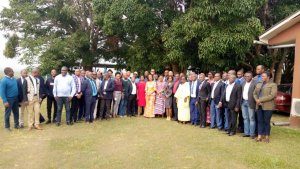
As for energy, agriculture, energy, infrastructure, these sectors deserve further study.
At the end, these experts must dare to propose bold reforms to eradicate some of the scourges and clean up the business environment in the DRC.
Nadine FULA
Africa
DRC : Tenders for tailings storage works at MMG Kinsevere
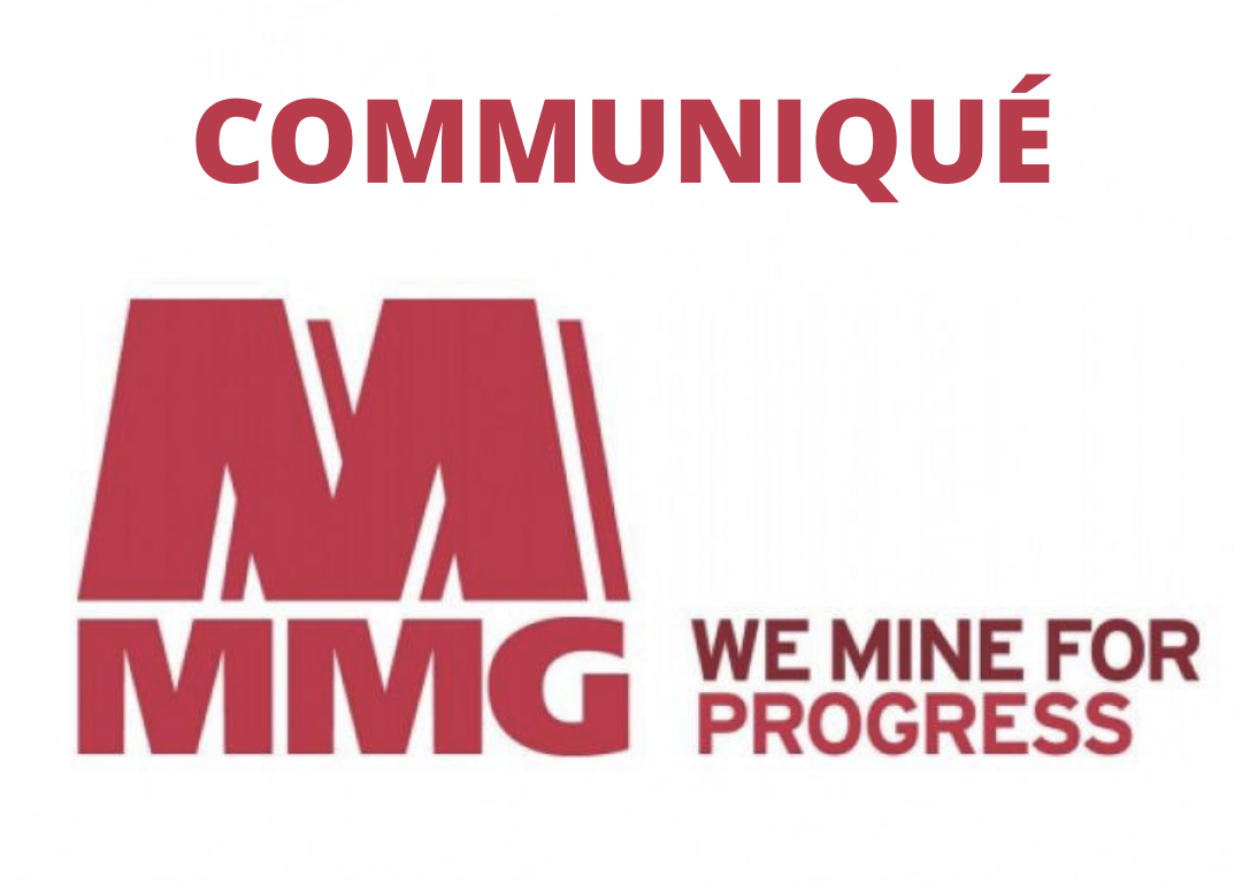
PUBLIC NOTICE – MMG Kinsevere SARL hereby announces to the public within the Democratic Republic of Congo that the following tenders are currently being prepared and finalised for future works to be undertaken at the Kinsevere Mine site.
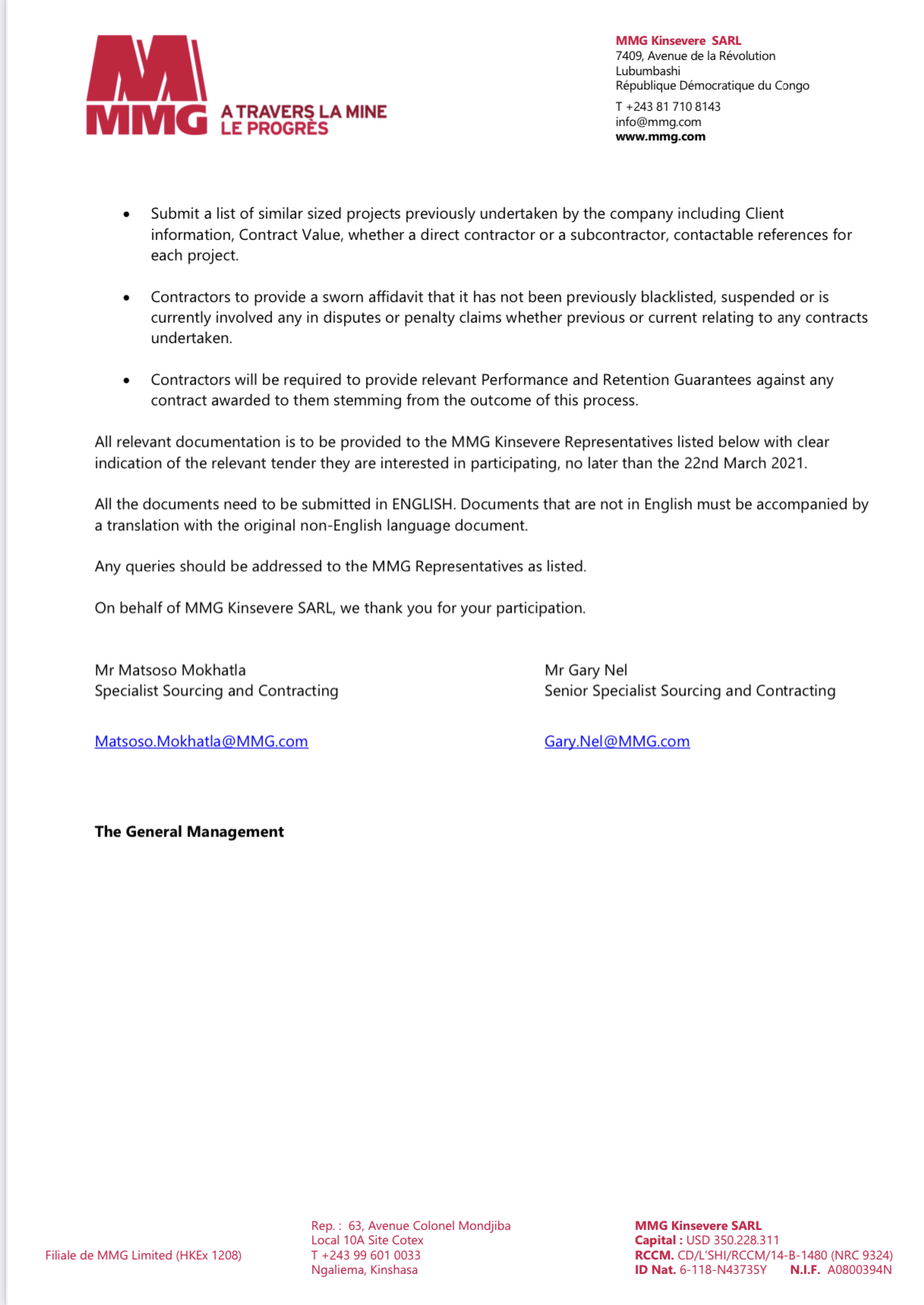
Africa
DRC: Launch of Tender for Laboratory Services At MMG Kinsevere

MMG Kinsevere SARL hereby announces to the public the launch of the tender for Laboratory Services for Mining and exploration.
All intertested and qualifying entities need to submit their respective company files as per the below list of requirements detailing their expression of interest for the above tender by no later than 10 March 2021.

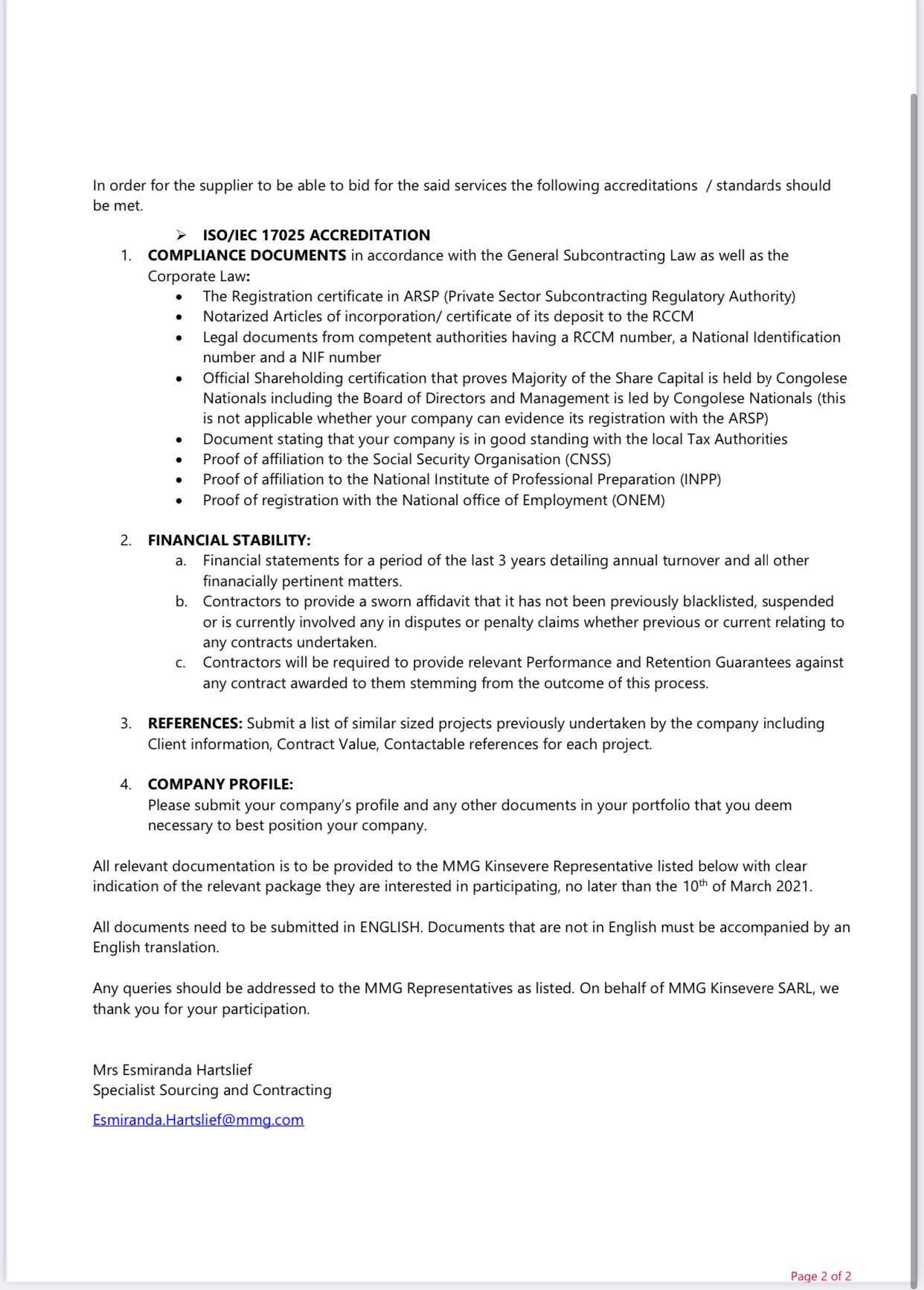
breaking news
DRC: Launch of tender for exploration drilling at MMG Kinsevere
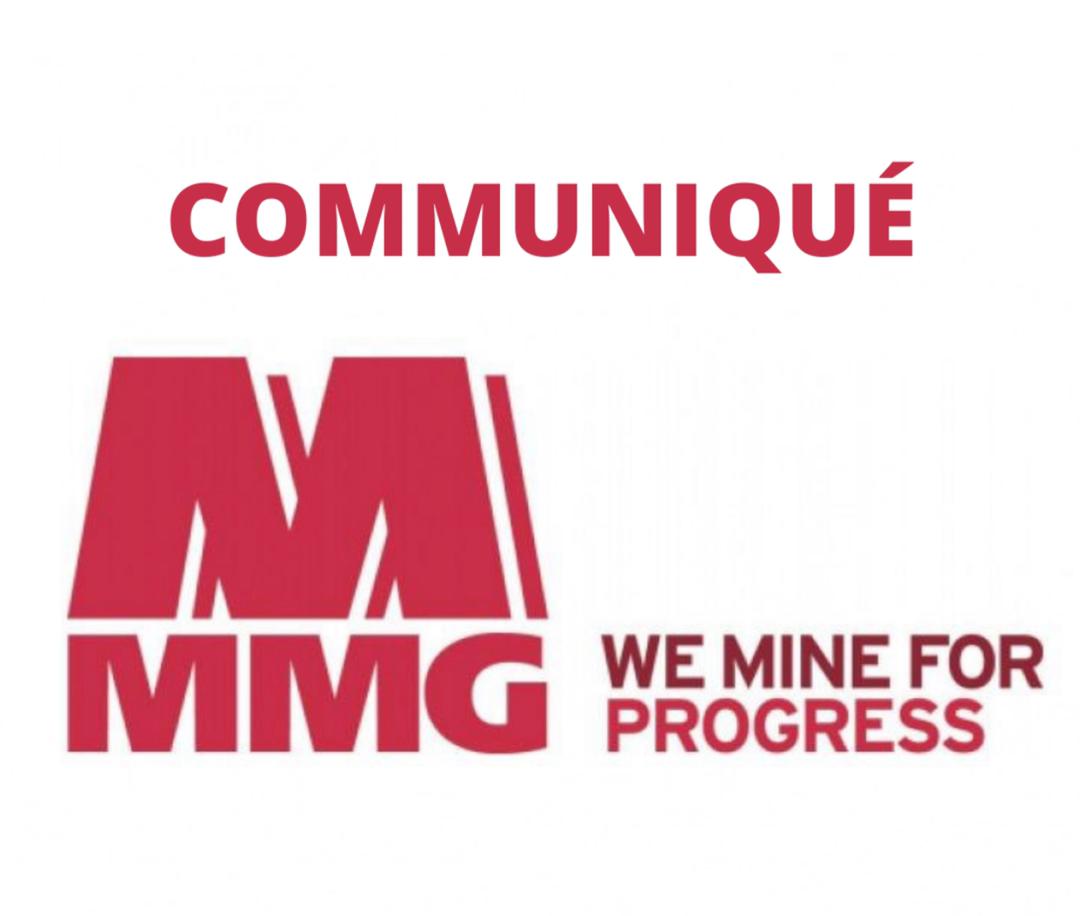
PUBLIC NOTICE – MMG Kinsevere SARL hereby announces to the public within the Democratic Republic of Congo the launch of the of tender for Exploration Drilling
All interested and qualifying entities need to submit their respective company files as per the below list of requirements detailing their expression of interest for the above tender by no later than 03rd of March 2021.



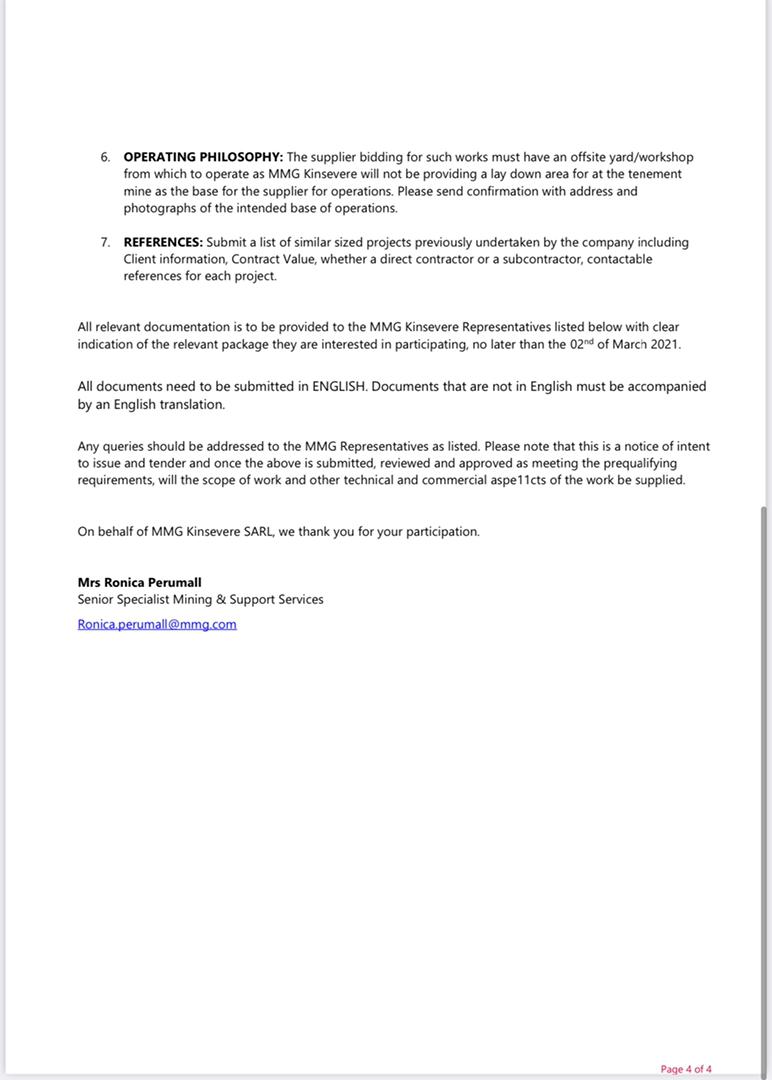
-

 breaking news5 ans ago
breaking news5 ans agoDRC: dam Zongo II, a project poorly evaluated technically and financially (study)
-

 breaking news5 ans ago
breaking news5 ans agoDRC: International Banker Awards SOFIBANQUE Two 2019 Best Bank Awards
-

 breaking news5 ans ago
breaking news5 ans agoDRC: Government incorporates IDEF into the cost of airfare
-

 Banks5 ans ago
Banks5 ans agoDRC: Equity Bank strengthens its partnership with VISA inc.
-

 breaking news5 ans ago
breaking news5 ans agoDRC: Dandy Matata calls for a state of emergency in the education sector
-

 breaking news5 ans ago
breaking news5 ans agoDRC: DIVO launches renovations to the Tata Raphael stadium
-

 breaking news5 ans ago
breaking news5 ans agoDRC: ACERD expects renewable energy investment opportunities
-
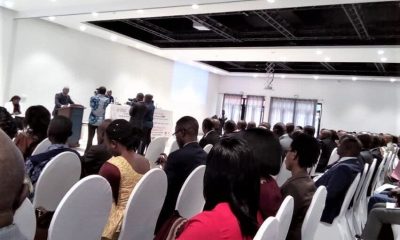
 breaking news5 ans ago
breaking news5 ans agoDRC: Kangudia launches Fiscal Year 2020 Budget Orientation Seminar




